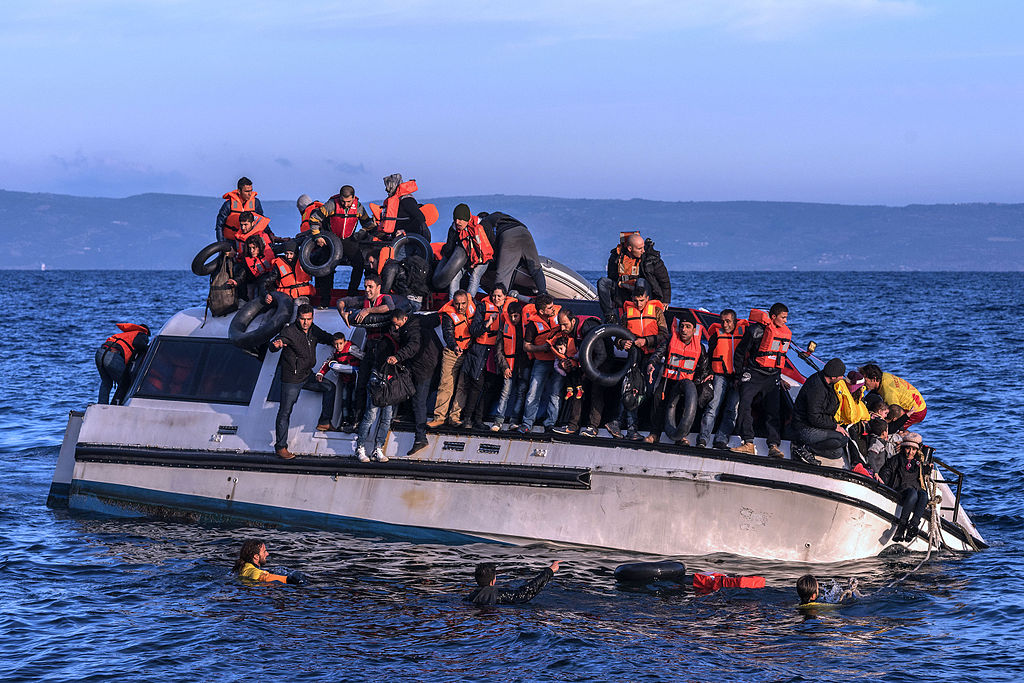It was a bright September morning in Canterbury when I bumped into a member of the clergy pushing a trolley full of clothes, blankets and toys. I asked her what she was doing. “Oh, these are donations from local churches,” she replied. “We’ve got four carloads to take across to Calais.”
That was a few weeks after the harrowing image of three-year-old Aylan al-Kurdi laying drowned on a beach in Turkey sent a shockwave of grief and shame around the world.
The scale of the problem we are facing as a global human family is astonishing. More than half a million people have crossed the Mediterranean and Aegean so far this year. They are fleeing war, persecution and deprivation in Syria and Afghanistan, Iraq and Eritrea, and other countries.
It is a desperate, awful, terrible existence. You leave home when the alternative is death
As the number of people arriving in Europe continues to rise, nearly 3,000 people making the journey have drowned like Aylan or gone missing. My experience, having worked in this area for many years, is that you very seldom meet people who want to be refugees.
It is a desperate, awful, terrible existence. You leave home when the alternative is death. In the Levant and Mesopotamia, families are caught between the devil and the deep blue sea. They are taking the deep blue sea, and taking their children with them.
In the face of such enormous suffering, that trolley of clothes and toys in Canterbury may seem trivial. But it tells a story about how churches, charities and individuals are answering the call of those who need our love and care, as we have done so many times in the past.










